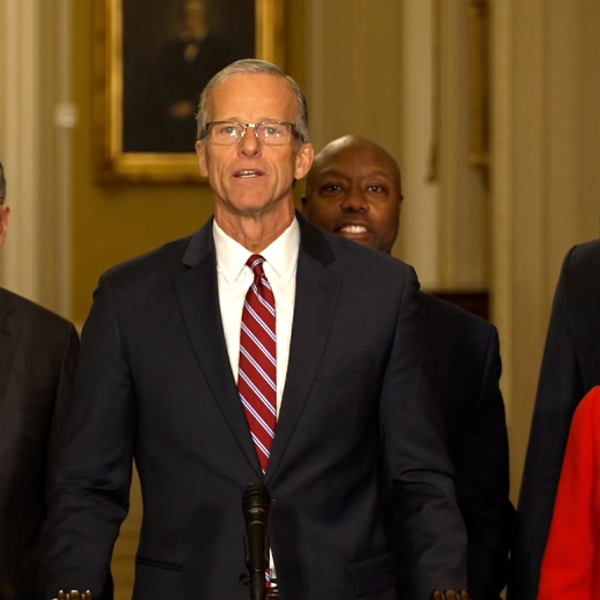
Dear Carrie: Is there a limit to the number of times you can borrow from your 401(k)? — A Reader
Dear Reader: During difficult economic times, borrowing from your 401(k) can seem like a great idea. After all, it’s your money and you are, in effect, borrowing from yourself and paying yourself interest. So it would seem like a risk-free solution for getting extra cash when you need it.
There are a lot of positives to a 401(k) loan. There’s no credit check required; you get a competitive interest rate regardless of your credit score; and there aren’t any taxes or penalties on the money as there are with an early withdrawal. However, as with most things, there’s also a minus side because borrowing from your 401(k) — and borrowing often — can also expose you to a few risks.
But before we get into those issues, let’s first answer your specific question. While the IRS has regulations regarding penalties and taxation on withdrawals from retirement accounts, whether or not you can borrow from your 401(k) — and how many times — depends on the provisions of your individual plan. So the first thing you need to do is check with your employer or plan administrator to determine what your specific plan allows.
Even if your plan allows you to borrow multiple times, there’s more to it; following are some general guidelines.
How much you can borrow
Loans from a 401(k) are limited to one-half the vested value of your account or a maximum of $50,000 — whichever is less. That’s clear enough when you’re taking out a single loan: if you have $40,000 in vested assets, you can borrow up to $20,000; if you have $120,000 vested, you can borrow the maximum of $50,000.
It gets trickier when your plan allows you to carry more than one loan at a time. In this case, the maximum amount of a second loan is determined by the highest outstanding balance you’ve had on a first loan in the 12 months prior. So, let’s say you borrow $40,000 on January 1, 2016 and repay $25,000 on April 1. Then on December 1 of the same year, you want to take another loan.
Even though you’ve repaid part of your first loan, you would still be limited to a maximum second loan of $10,000 because your highest balance within the previous 12 months was $40,000. If you waited until April 2 of 2017, you’d be able to borrow $35,000 because your $25,000 payment would have been factored in and your highest balance in the prior 12-month period would then be $15,000.
As you can see, it’s not just a question of how often you can borrow but how much you can borrow at a given time if you’re carrying multiple loans.
When you have to pay it back
The term of a 401(k) loan is five years unless you’re borrowing to buy a home. Your repayment schedule is usually determined by your plan. At the very least, you must make payments quarterly. This is really important. Even though you’re paying yourself back, if you don’t follow the repayment schedule (or if the term or amount of the loan isn’t within the allowed parameters) the loan could be considered a “distribution” and be subject to federal income tax and a 10 percent early withdrawal penalty if you’re under 59 1/2 (state income taxes and penalties may also apply).
What happens if you lose your job
The next consideration is job stability. If you borrow against your 401(k) and then lose your job, in many cases you have to pay back the loan at termination or within 60 days. (Again, the exact timing depends on the provisions of your plan.) This is no small matter. If you need the loan in the first place, how will you have the money to pay it back on short notice? And if you fail to pay it back within the specified time period, the outstanding balance will likely be considered a distribution, again subject to income taxes and penalties. So while you may feel secure in your job right now, you’re wise to at least factor this possibility into your decision to borrow.
The impact on your retirement savings
Also, don’t forget that while a 401(k) loan may give you access to ready cash, it’s actually diminishing your retirement nest egg. First of all, you’re losing the tax-deferred growth of your savings. But on top of that, some plans won’t allow you to contribute more to your 401(k) until you pay back the loan. In that case, not only are you prevented from saving more, you could also miss out on your employer match.
As you can see, while there aren’t strict rules about how many times you’re allowed to borrow against your 401(k), doing so can have other far-reaching consequences. If you have no other options, it can be a convenient solution. But my advice is to protect your retirement assets and consider all other available choices before signing on the line. In fact, maybe you should be focusing on building your emergency fund so the next time you’re in need of cash, you’ll have it.
Carrie Schwab-Pomerantz, CERTIFIED FINANCIAL PLANNER(tm), is president of Charles Schwab Foundation and author of The Charles Schwab Guide to Finances After Fifty, available in bookstores nationwide. Read more at http://schwab.com/book. You can e-mail Carrie at askcarrie@schwab.com. This column is no substitute for an individualized recommendation, tax, legal or personalized investment advice. Where specific advice is necessary or appropriate, consult with a qualified tax advisor, CPA, financial planner or investment manager. To find out more about Carrie Schwab-Pomerantz and read features by other Creators Syndicate writers and cartoonists, visit the Creators Syndicate website at www.creators.com.
COPYRIGHT 2015 CHARLES SCHWAB & CO., INC. MEMBER SIPC.
DIST BY CREATORS SYNDICATE, INC. (0316-1056)








